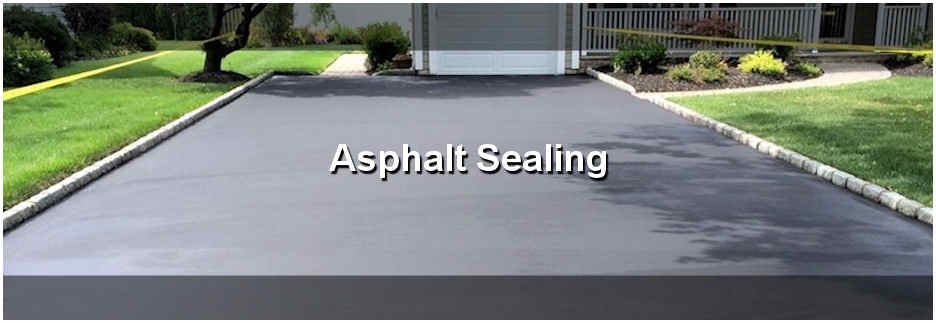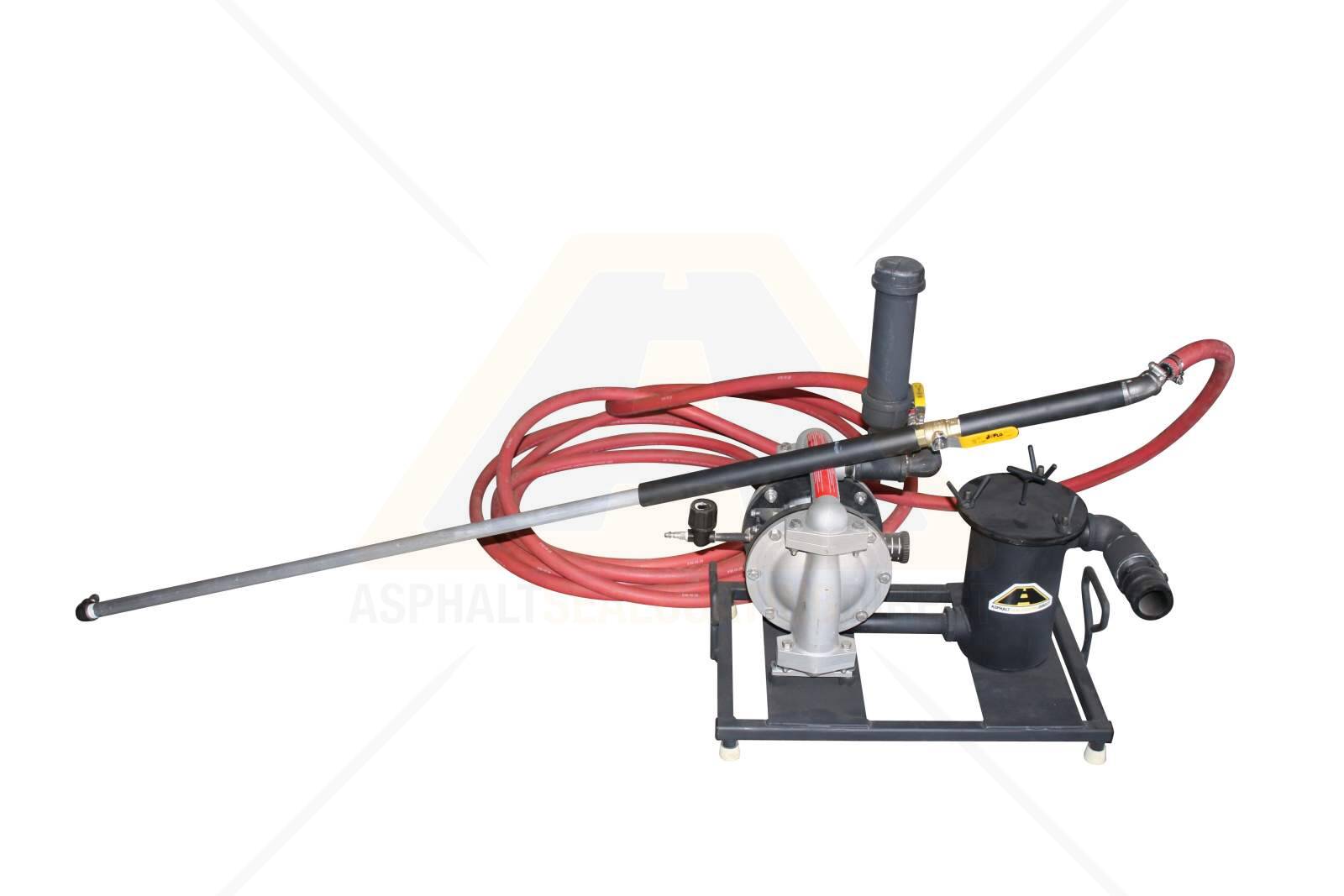Durable Results: Asphalt Spot Repair Via Precision Sealing
Wiki Article
Cold Mix Asphalt Vs. Hot Mix Asphalt: Which Is Right for You?

Structure Differences
Cold mix and warm mix asphalts vary substantially in their composition, with unique characteristics that influence their performance and applications. Cold mix asphalt is produced by emulsifying the asphalt binder with water and an emulsifying representative prior to blending it with aggregate. This technique permits the asphalt to be practical at reduced temperatures, making it excellent for short-lived fixings and for usage in colder climate condition. Warm mix asphalt, on the other hand, is made at high temperature levels, generally between 300-350 ° F, which aids to achieve better compaction and an extra sturdy end product. The warm mix asphalt manufacturing process entails heating up the accumulation and asphalt binder individually prior to incorporating them at the asphalt plant.
Furthermore, chilly mix asphalt tends to be much less dense and more adaptable than hot mix asphalt. This adaptability makes it much better matched for locations with higher levels of activity, such as driveways or roads with rush hour. On the other hand, hot mix asphalt is known for its high sturdiness and resistance to rutting and fracturing, making it a favored selection for freeways and high-traffic roads where long life is critical.
Installation Process Variances
The procedure of setting up cool mix and hot mix asphalt exhibits remarkable differences in their needs and procedures. In comparison, hot mix asphalt demands a much more intricate installment procedure. Due to the heating requirements, warm mix asphalt installments are normally brought out by specialists with customized equipment, guaranteeing a much more long-term and structurally sound outcome.Durability and Longevity Factors
When considering asphalt options, sturdiness and long life are vital variables to review for long-term sidewalk performance. Hot mix asphalt (HMA) is recognized for its extraordinary durability and longevity.
In regards to longevity, HMA typically outshines CMA because of its exceptional strength and resistance homes. HMA sidewalks have a longer service life, calling for less frequent repair services and upkeep, which can equate to cost financial savings in the future. Furthermore, HMA sidewalks are a lot more conveniently personalized to satisfy particular project needs, even more boosting their durability.
Cost Factors To Consider
Considering the financial implications is a crucial aspect visit our website when examining the selection in between hot mix asphalt (HMA) and cold mix asphalt (CMA) for sidewalk projects. While the preliminary price of warm mix asphalt is typically more than that of cool mix asphalt, HMA often provides a more economical solution in the future as a result of its superior sturdiness and long life. HMA is understood for its ability to stand up to rush hour lots and harsh climate condition, minimizing the demand for constant repair work and maintenance. On the various other hand, cold mix asphalt is extra economical in advance however may need even more frequent patching and resurfacing, bring about greater upkeep expenses with time.In enhancement to material expenses, it's crucial to consider the expenditures associated with installment and upkeep when contrasting HMA and CMA. Ultimately, the choice in between HMA and CMA need to take into account not just the initial price yet likewise the long-term financial implications to determine visite site the most affordable alternative for the particular pavement task.
Environmental Impact Contrast
Contrast of the ecological effects in between warm mix asphalt (HMA) and chilly mix asphalt (CMA) exposes unique differences in sustainability techniques. HMA manufacturing requires high temperature levels, leading to boosted energy usage and greenhouse gas exhausts.In addition, the use of CMA commonly includes reusing existing asphalt sidewalk, promoting source preservation and minimizing the quantity of waste sent to land fills. By deciding for CMA over HMA, road building and construction tasks can add positively to ecological conservation efforts.
Verdict
To conclude, the option in between chilly mix asphalt (CMA) and warm mix asphalt (HMA) depends on various factors such as composition, setup procedure, toughness, long life, cost, and ecological impact. angle parking. While CMA uses a affordable and fast service for minor repair work, HMA makes sure exceptional sturdiness and longevity for rush hour areas. Consider these variables thoroughly to identify which kind of asphalt is the right choice for your paving needs

Taking into consideration the click here for more info monetary effects is an important aspect when examining the selection between warm mix asphalt (HMA) and cold mix asphalt (CMA) for pavement tasks. While the first cost of hot mix asphalt is usually greater than that of chilly mix asphalt, HMA usually provides a more affordable remedy in the lengthy run due to its exceptional toughness and long life. asphalt repair.Comparison of the ecological influences in between hot mix asphalt (HMA) and cold mix asphalt (CMA) reveals distinct distinctions in sustainability practices.In conclusion, the selection in between cool mix asphalt (CMA) and hot mix asphalt (HMA) depends on various factors such as make-up, installment process, resilience, longevity, expense, and environmental effect
Report this wiki page